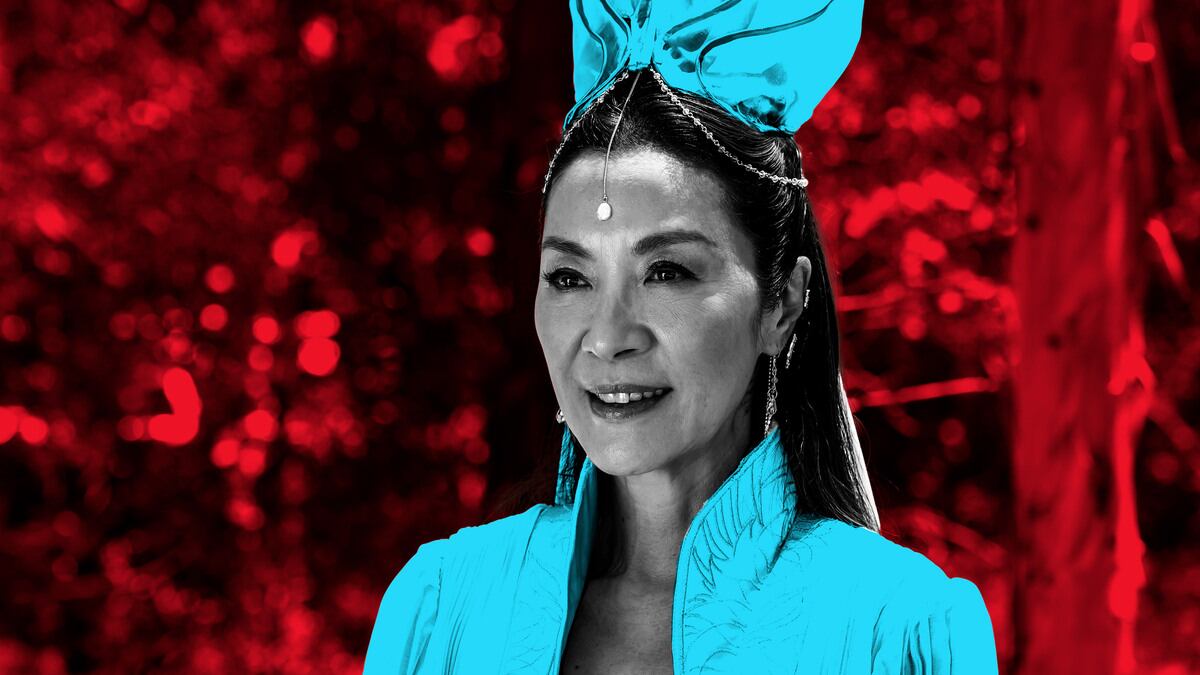‘American Born Chinese’: Michelle Yeoh’s New Series Finds Beauty in Coming of Age
STUNNING
Adapted from a popular graphic novel, the Disney+ series tells the story of a Chinese American kid who just wants to fit in—at least, until he meets a shapeshifting warrior.






